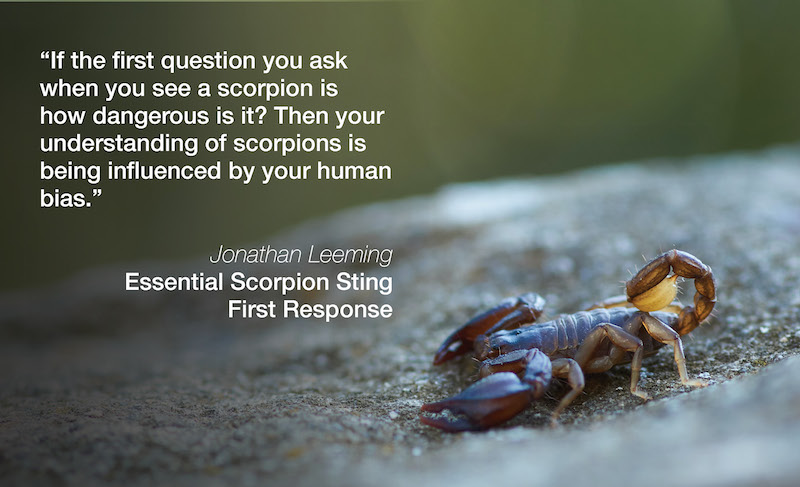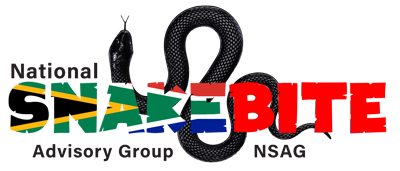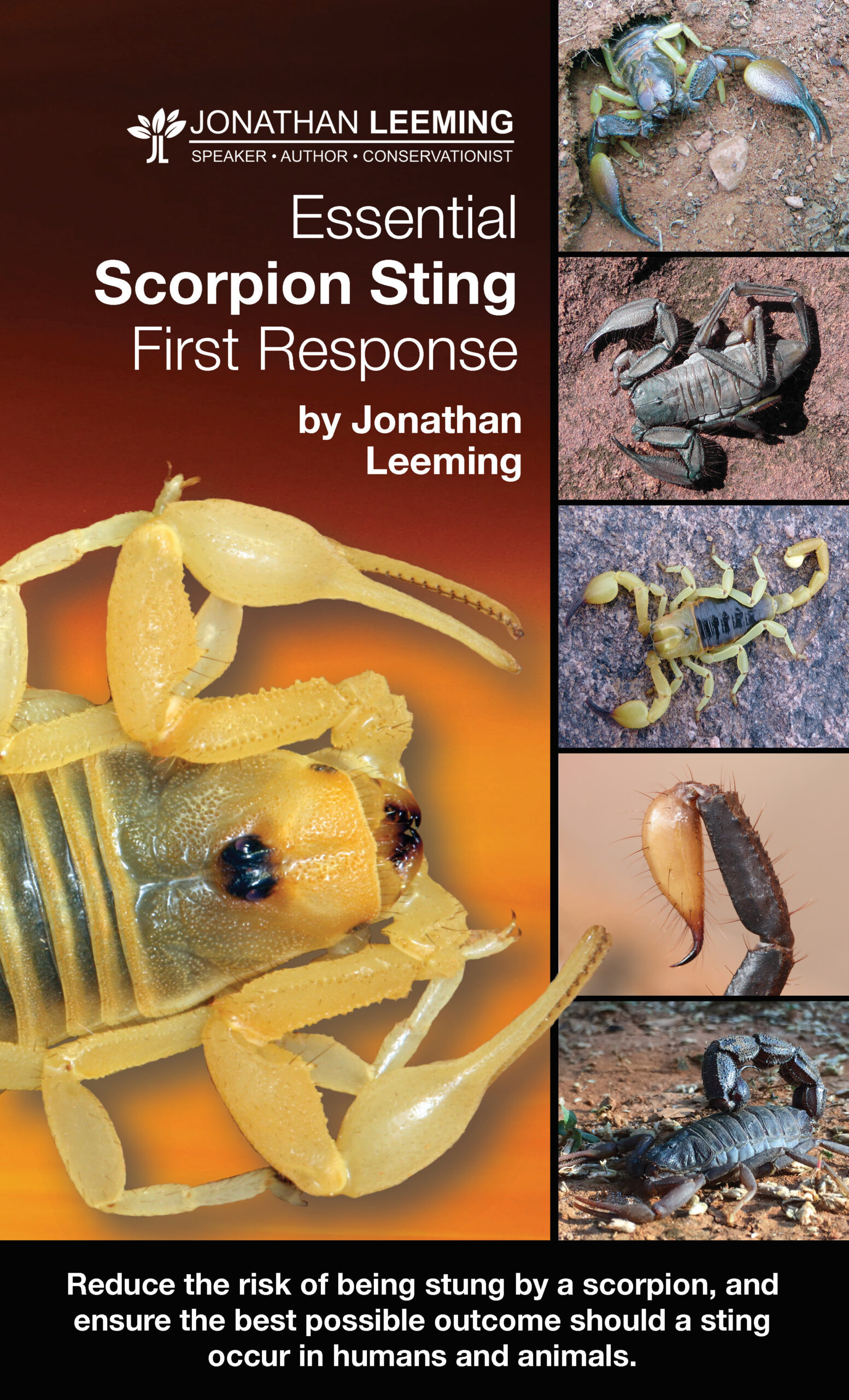My work with venomous animals has taken me to faraway places, interacting with people from different languages, cultures, age groups, economic and education levels. However, despite these differences, there is a common perception shared across these dividing factors.
It doesn’t matter if I am sitting under a tree in the Kalahari Desert chatting to the San people, speaking over Zoom to chronic urbanites in Texas, or lecturing to medical professionals, the same two aspects of my work have fascinated me and at the same time been something I have battled to rationalise.
French writer Anais Nin said “we don’t see things as they are, we see things as we are”. Our values and beliefs are a lens through which we translate the world.
It’s interesting to note that those people who are afraid of scorpions are the same people who know the least about them. When our perceptions of the world are based upon what we do not know rather that what we know, we can fully appreciate how venomous animals represent the furthest point of our disconnection from nature.
However, the reality of the world is that we share this planet with all of its life forms. Our health and our future are closely linked to the health and the future of the environment. If we want to live a healthy life, we need clean air, clean water, wholesome food, and an environment free of pollutants, toxins and poisons. Animals and plants support a healthy environment through how they interact with each other. Scorpions represent just a single piece of the biodiversity jigsaw puzzle that ultimately, supports the systems that give us the basic requirements for life.
In order to understand our disconnection from the natural world, consider the following principles of living in areas where venomous animals occur. These principles help us to understand our relationship with not only scorpions, but ourselves and other aspects of the environment.
These principles are:
If we ignore these four simple principles, then we invite misinformation and bias to take us by the hand and lead us astray. We believe in old wives tales, and look for that one piece of magical advice that is going to save ourselves from scorpions. We are taken advantage of by charlatans who sell useless quick fixes. We are more likely to kill a scorpion on sight, and spray poison around our house. We become an ardent purveyor of social media misinformation.
It is impossible to practice effective first response under this mindset irrespective of how well intentioned we may be. The real danger is that when someone is in need of help, then this kind of mindset does more harm than good.


I'm on a mission to reduce the burden of spider bites and scorpion stings across Southern Africa!
Newsletter | Public Events | Books & Workbooks | Presentations | Activities |Professional Development | Shop

